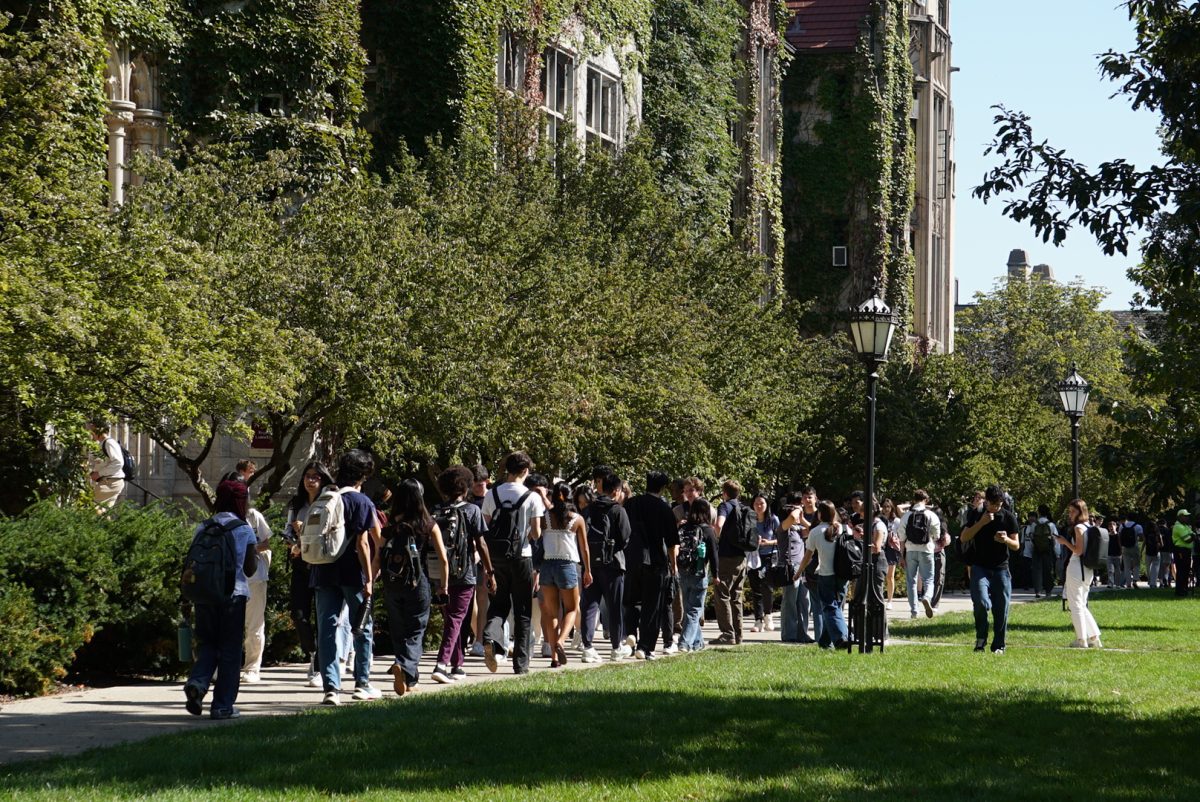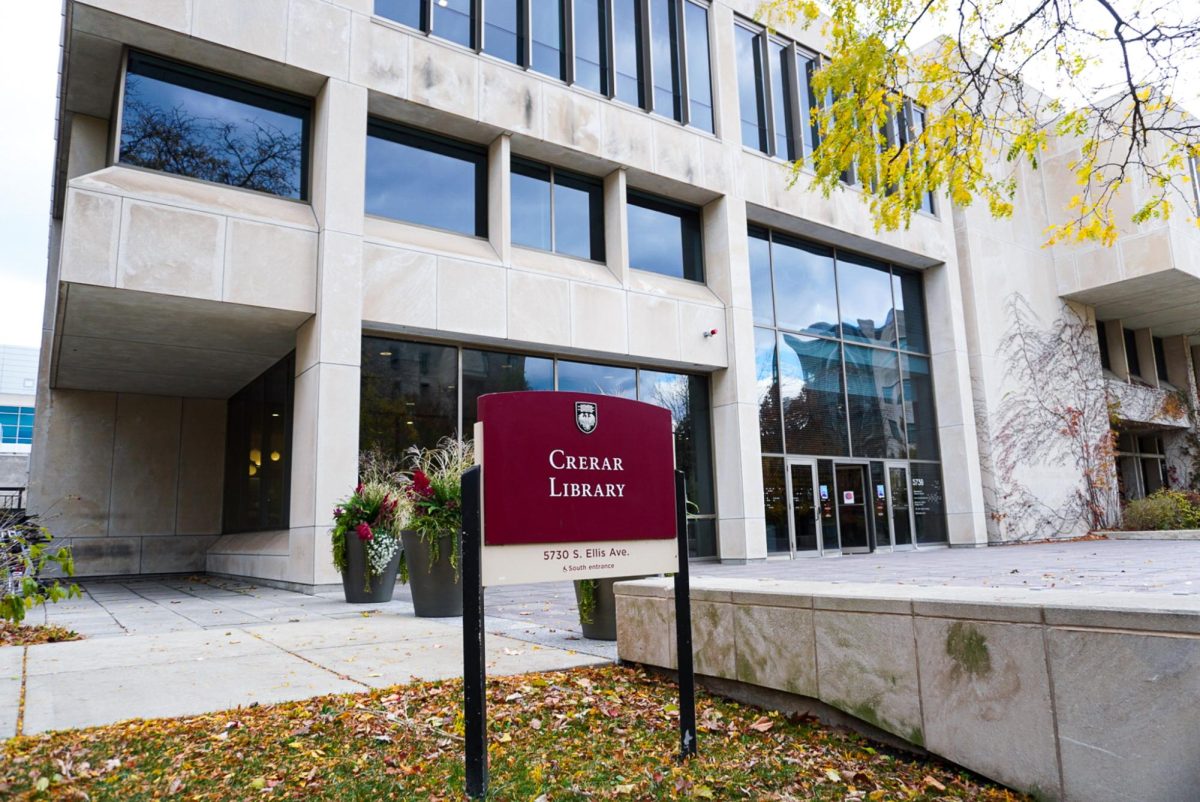University of Chicago culture emphasizes our uniqueness and superiority; it’s our favorite theme. We claim to work harder and do more than anyone, be smarter and more ambitious, and end up richer and more successful. U of C students are so committed to the idea of our intellectual superiority, based on the superior organizational system of the Common Core, that we proudly accept the mantle of our culture’s negative stereotypes about intellect in order to wear the badge of the positive ones. While we think of our Core as a different and better way of organizing a college, what’s most remarkable is how little our system differs from the rest. Changing the fundamental organization of the undergraduate program could do a great deal to improve the fulfillment of the University’s mission. The College should adopt a six-year core.
Colleges in this country are four years long, beginning after high school, and ours is no exception. This is unsuitable for an elite school. The most talented students in the country spend the last two years of high school trying in vain to replicate the college curriculum they’re already ready to tackle with AP tests and college classes. Lots of us have stories. I didn’t set foot in my high school senior year except to pick up reimbursement checks for my college coursework. A friend of mine has an associate’s degree from her local community college, picked up on the side while she was still in high school. But, no matter what we do, it’s not the same as being here; it’s an inferior substitute, a Band-aid on the fact that we belonged in college earlier.
Rather than poorly imitating college in thousands of high schools across the country, let’s pluck those students up as soon as they’re ready. In the six-year core, all University of Chicago students would be admitted in their 10th grade year, and enter college in what would be the fall of their junior year of high school. Instead of leaving college in four years, they can stay for six, and graduate at the same age as their peers at other schools.
With six years to spare, we can have a much better core and much better majors. With four classes every term, a four-year college education has 48 classes, while the expanded six-year core has 72 to play with. We could take the old 21-class core, which was neutered in 1990, and double it, still leaving more room than at present for classes within students’ majors.
Just to get a flavor of what the six-year core could look like, imagine this. Each student could study a year of gen chem, o-chem, biology, physics, calculus, analysis, Hum, Sosc, civ, philosophy, and economics. Two years each of two languages. Of course, all of these courses could be appropriately adjusted for a wider audience than they currently enjoy, and, of course, these specific choices are not necessarily the right ones. But an astounding breadth and depth of material can be covered if the wasted last two years of high school are recouped. We can have graduates with deep command of every major intellectual discipline.
Of course, there are some complications. Admitting students early would require more aggressive recruiting, to make sure students are aware of the U of C and ready to apply in 10th grade. Judging intellectual seriousness is more difficult with 10th graders; the application would need a major change.
Once students arrive, we’ll need to be more careful in running the show. Sixteen-year-olds, while probably ready for Hum and Sosc, may need more coddling. Certainly, we can’t be as gung-ho about loosing them on Hyde Park as we can be with the 18-year-olds; it may be wise to require two years of life in University housing at the beginning of their undergraduate careers.
Objections, typically grounded in the notion that 16-year-olds simply cannot ever be ready for college, all die on one point. The University of Chicago already admits students who are ready for college work at age 16; the intellectual rigors of a college education are no barrier. Neither are independent life nor separation from parents, as boarding schools have ably demonstrated over their hundreds of years of history.
More generally, human beings are adaptable creatures. If our history shows us anything, it shows us that humans are capable of rising to meet challenges. Twenty-thousand years ago our sixteen-year-old ancestors spent their winters wearing skins and killing mammoths with wooden weapons. We can deal with spending ours reading Kant. If the six-year core can do a better job than we currently do of reminding U of C students how resilient humans are, that may be one of the University’s proudest achievements.
Ari Allyn-Feuer is a third-year in the College majoring in biology, chemistry, and mathematics.






